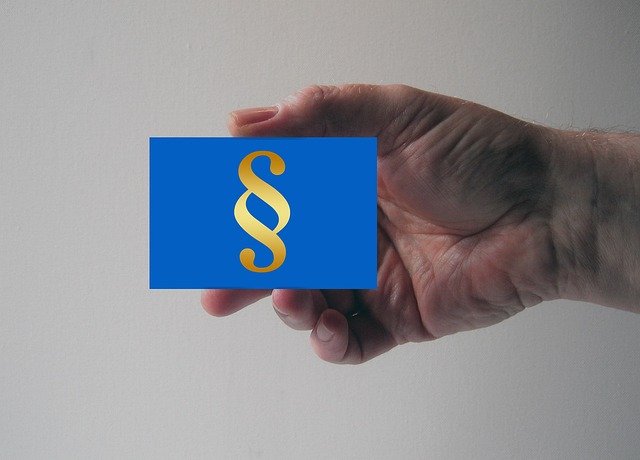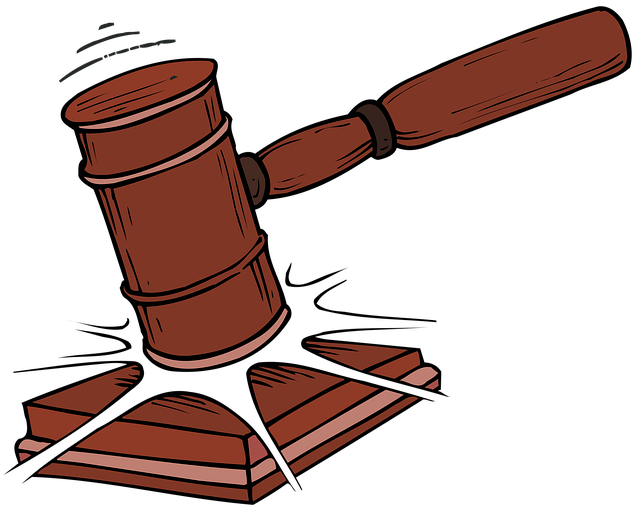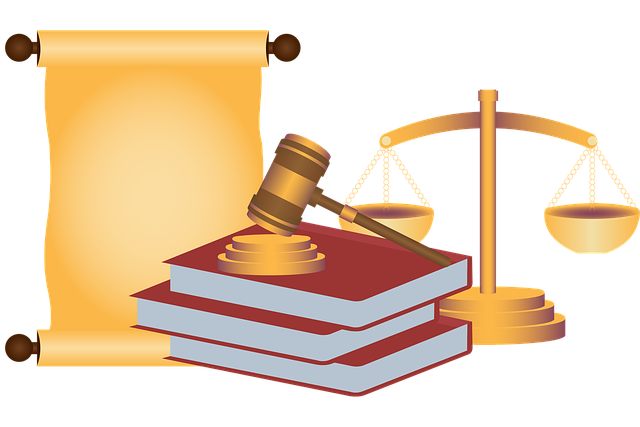Trademark infringement, a legal issue arising from unauthorized use of trademarks, leads to severe consequences including fines, court orders, damage awards, and even criminal charges for malicious intent. In the financial realm, investors face sophisticated scams with high-pressure tactics and fabricated records. The Legal Consequences of Trademark Infringement involve monetary penalties, jail time, cease-and-desist orders, and asset seizures, with remedies like injunctions and restitution to curb future infringements.
In today’s financial landscape, understanding common securities scams is crucial to protecting your investments. This article illuminates prevalent strategies employed by fraudsters, focusing on trademark infringement as a key example. By delving into the basics of this issue, we equip readers with knowledge to identify and avoid potential pitfalls. Furthermore, we explore legal remedies and the significant legal consequences of trademark infringement, emphasizing the importance of vigilance in navigating financial markets.
- Understanding Trademark Infringement Basics
- Common Securities Scam Tactics Exposed
- Legal Remedies and Consequences for Scammers
Understanding Trademark Infringement Basics
Trademark infringement is a serious issue with significant legal consequences. It occurs when an individual or entity uses a trademarked name, logo, or symbol without the owner’s permission, leading to potential confusion among consumers. This practice not only infringes on the rights of the legitimate trademark holder but can also harm the reputation and financial stability of their business. The Legal Consequences of Trademark Infringement can include substantial fines, court orders to cease and desist, and damage awards to compensate for losses incurred.
In cases where the intent is malicious or there’s a pattern of infringement, individuals may face criminal charges, particularly in white-collar defense scenarios. However, with a strong challenging defense, winning challenging defense verdicts for his clients has been possible. It involves complex legal strategies to distinguish between genuine use and copyright infringement, ensuring that businesses can protect their intellectual property rights effectively.
Common Securities Scam Tactics Exposed
In the realm of finance, securities scams have become increasingly sophisticated, preying on investors with promises of quick riches and substantial returns. One common tactic involves fraudulent investments masquerading as legitimate opportunities, often targeting the philanthropic and political communities. Scammers leverage high-pressure sales techniques, misleading marketing materials, and fabricated performance records to lure unsuspecting individuals into risky ventures with little regulatory oversight. For instance, they might promote novel investment schemes promising extraordinary results, diverting attention from potential red flags and the lack of transparent disclosures.
Additionally, cybercrime has evolved, with scammers employing sophisticated phishing emails and fake websites that mimic established financial institutions. They exploit trust in well-known brands, urging victims to share sensitive information under various pretexts. Even more insidious is the use of social engineering, where con artists impersonate trusted figures or authorities to gain access to personal and financial data. Given the severe Legal Consequences of Trademark Infringement, investors must remain vigilant against these deceptive practices, ensuring they conduct thorough research and seek professional advice before making any significant investment decisions.
Legal Remedies and Consequences for Scammers
When securities scammers are brought to light, they face a range of legal consequences tailored to the severity of their actions. One of the primary tools against such fraudsters is trademark infringement law, which can result in significant penalties for those misusing or stealing protected brands and symbols. The Legal Consequences of Trademark Infringement can include substantial monetary fines and even jail time. Those found guilty may be ordered to cease and desist from further infringing activities and may also be required to compensate the affected parties for any damages incurred.
The legal system offers various remedies, including injunctions to prevent future infringements, and restitution to return funds obtained through fraudulent means. For white-collar and economic crimes, both corporate and individual clients can be held accountable, leading to potential bankruptcy or significant asset seizures. In severe cases, offenders may face criminal charges and jury trials, where the weight of evidence and public interest play a crucial role in determining their fate.
In navigating today’s complex financial landscape, it’s crucial to be aware of the various securities scams that may attempt to exploit your trust. By understanding trademark infringement basics and common scam tactics, you can protect yourself from potential legal consequences of trademark infringement and avoid becoming a victim. Stay informed, exercise caution, and consult legal experts when needed to ensure your financial security.






